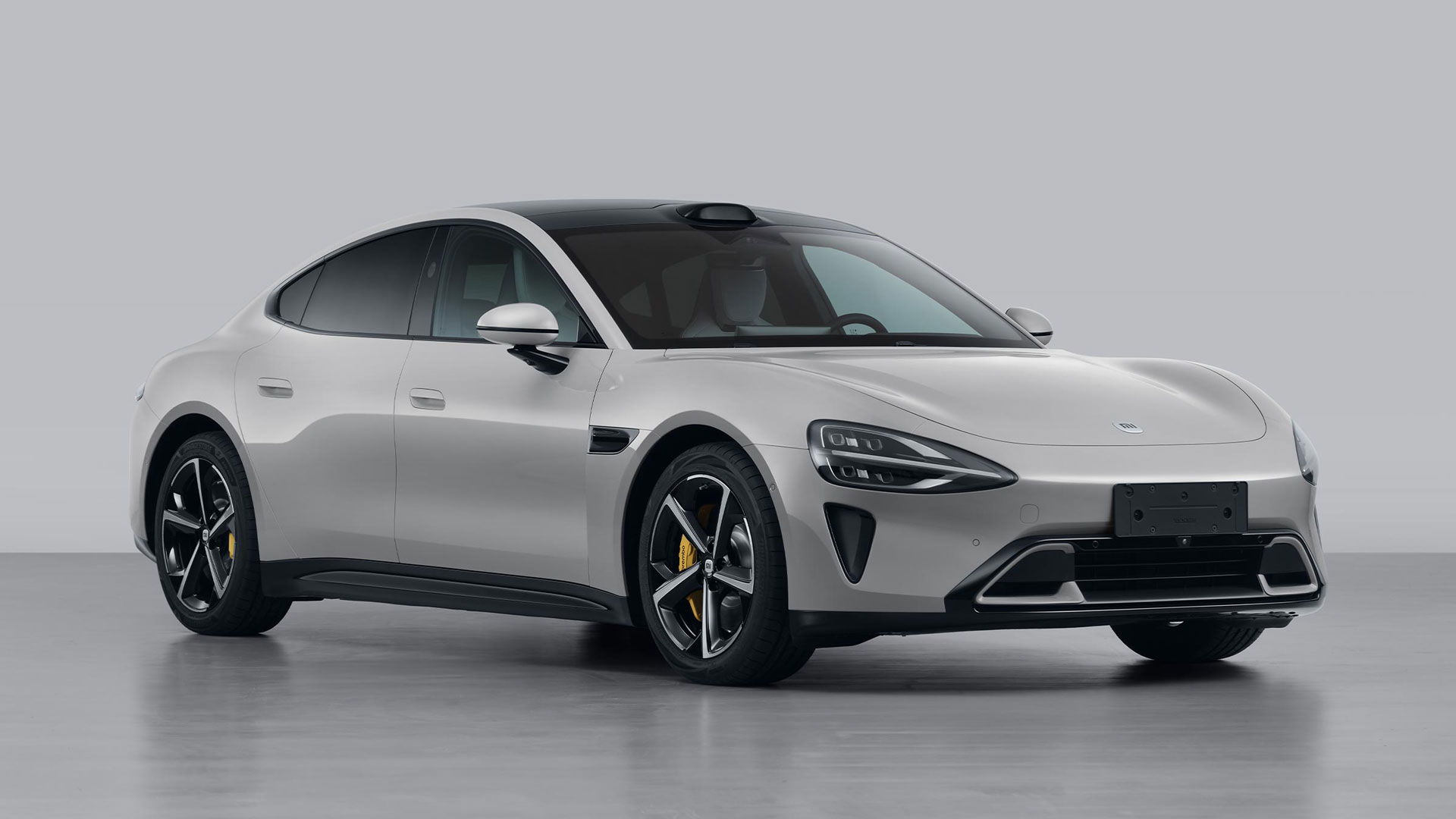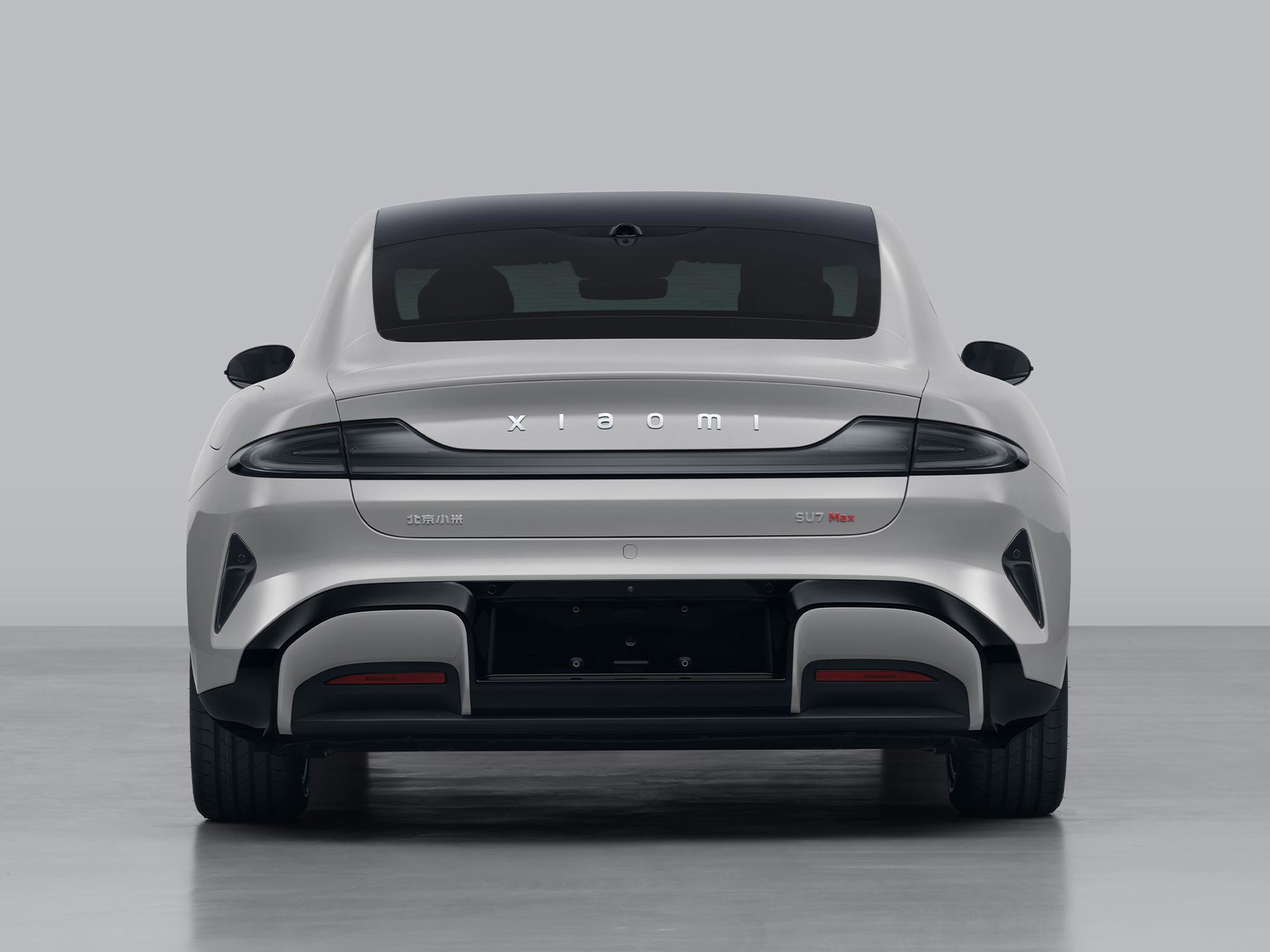
A side view of Xiaomi's SU7 Pro electric vehicle. /Ministry of Industry and Information Technology
A side view of Xiaomi's SU7 Pro electric vehicle. /Ministry of Industry and Information Technology
It's been a few years since Chinese phone maker Xiaomi decided to build a car.
As Apple's rumored car project has been delayed again and again, the Mi fans are also wondering when will Xiaomi reveal its innovations.
And here it is: A few photos of the Xiaomi SU7, SU7 Pro and SU7 Max electric vehicles surfaced on the website of China's Ministry of Industry and Information Technology
All three models are almost 5 meters in length and almost 2 meters in width, and are all five-seat sedans.
The Mi logo and Xiaomi's brand name can be seen on the front and back of the cars. This means that Xiaomi is not taking Huawei's supplier path but rather using its own brand to market the cars.

A rear view of Xiaomi's SU7 Pro electric vehicle. /Ministry of Industry and Information Technology
A rear view of Xiaomi's SU7 Pro electric vehicle. /Ministry of Industry and Information Technology
The Pro and Max models can go as fast as 265 kilometers per hour while the regular model's max speed is limited to 210 km/h.
The batteries of the cars will be supplied by Contemporary Amperex Technology Co. Limited (CATL) and another company owned by Chinese electric vehicle manufacturer BYD.
The engines will also be made by two companies. One is owned by Shenzhen-based Inovance Tech and the other is a joint venture between Bosch and a company owned by SAIC Motor.
The cars will be manufactured by a company owned by the BAIC Group, a state-owned car maker based in Beijing.
The software features were not described at all on the website and we still don't know what smart features will be included by the Android phone giant.
It's worth noting that the information posted by the ministry is merely applications for production. The ministry is still asking for public opinions so there might still be twists before November 22.
Xiaomi said earlier that they wish to mass-produce the company's first car in 2024.



